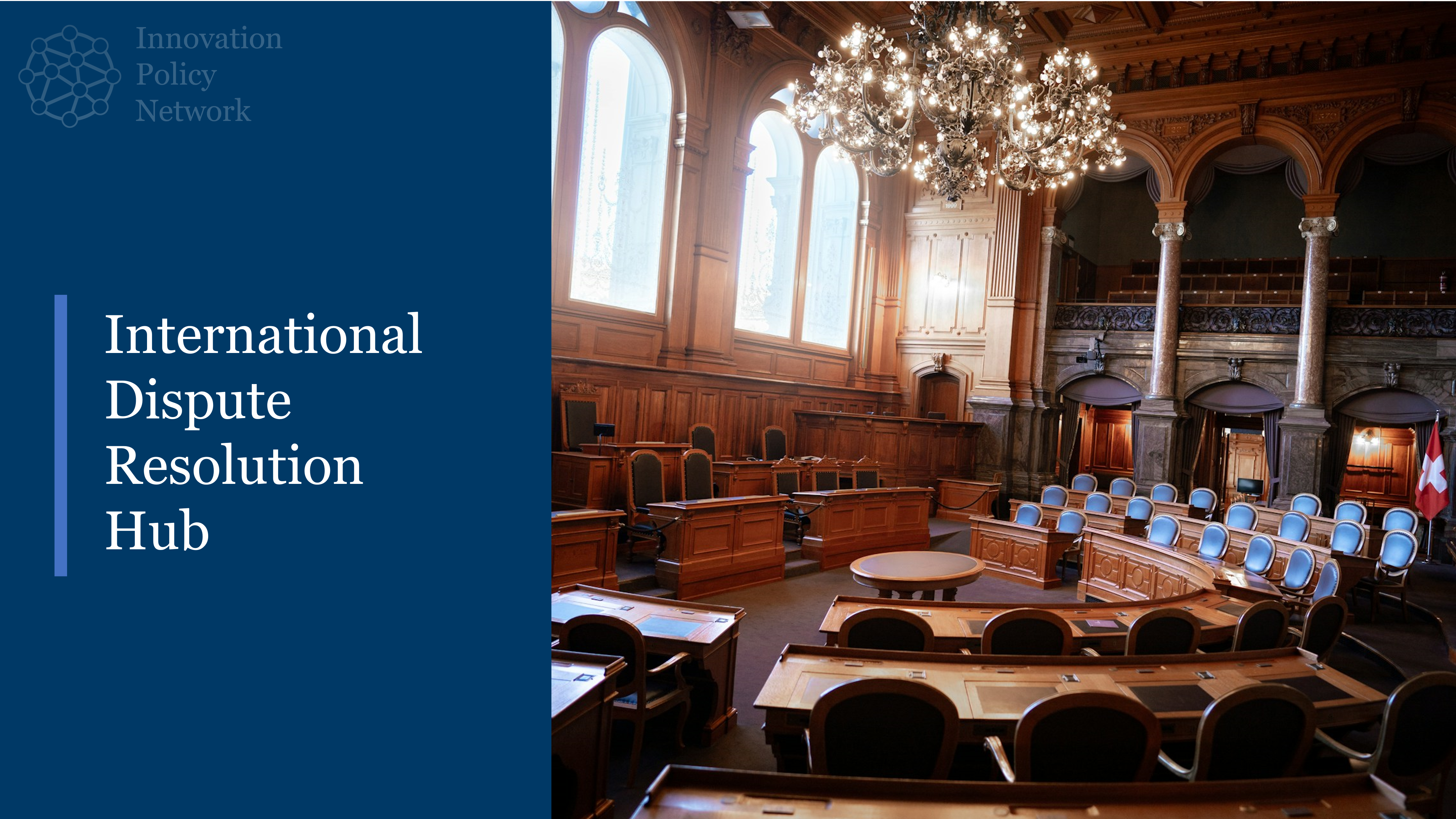Author: Jacob Margolis
On 5 February 2024, the European Council and European Parliament collectively reached a temporary agreement on a proposal for regulations on environmental, social, and governance (ESG) rating activities. Such activities provide investors with pertinent information about a firm’s sustainability across a number of metrics, including vulnerability to sustainability risks, the firm’s impact on the environment, and more. According to the European Council, such regulations would “aim to strengthen the reliability and comparability of ESG ratings by improving the transparency and integrity of the operations of ESG ratings providers and preventing potential conflicts of interests.”
The EU first conducted a study on “Sustainability-related ratings” back in January of 2021, where their research found that “companies do not publish sufficient or comparable data [on sustainability] and that sustainability-related rating, data and research providers do not always cover material issues, focus more on providing ratings rather than data… and are backwards looking in their analysis.”
Seeing the need for further “regulation” in these types of activities, the EU followed up on their initial research over the next three years, with their legislative efforts culminating in the provisional agreement produced this past February.
At the core of its intent, the proposal seems to act as a formal acknowledgment of the role which ESG ratings play in the decision-making processes amongst investors or potential investors. As the proposal reads, “ESG ratings play an important role in global capital markets, as investors, borrowers and issuers increasingly use those ESG ratings as part of the process of making informed, sustainable investment and financing decisions.” The proposal also emphasized the value of trust and confidence (from the investor perspective) in a market’s sustainability and their respective firms’ transparency of such information.
Despite the supposed well-intentioned efforts of the proposal, in helping firms and investors (or existing shareholders, for that matter) achieve business relationships modeled on the idea of complete information, some might still question the integrity of the rating system. For example, what types of protections will be utilized to ensure ratings are produced irrespective of political or economic influences or pressures? However, even admissions of this nature are addressed within the articles of the proposal (see Article 14 under General Principles).
Of course, the comprehensiveness of the agreement may ebb and flow in years to come given the rapidly changing rate at which ESG practices and policies have evolved in recent times. The implementation of these very regulations could be taken as evidence of just that.
Nevertheless, it seems that the EU’s initial efforts could shed new light on where firms are prioritizing their ESG practices, and where their activities fall short.
As Belgian Minister of Finance, Vincent Van Peteghem stated, “Increasing investor confidence through transparent and regulated ESG ratings can have a significant impact on our transition to a more socially responsible and sustainable future.”
If these new regulations are to increase such “trust and confidence,” then perhaps such a future is made more tangible by proposals like this.



Leave a Reply